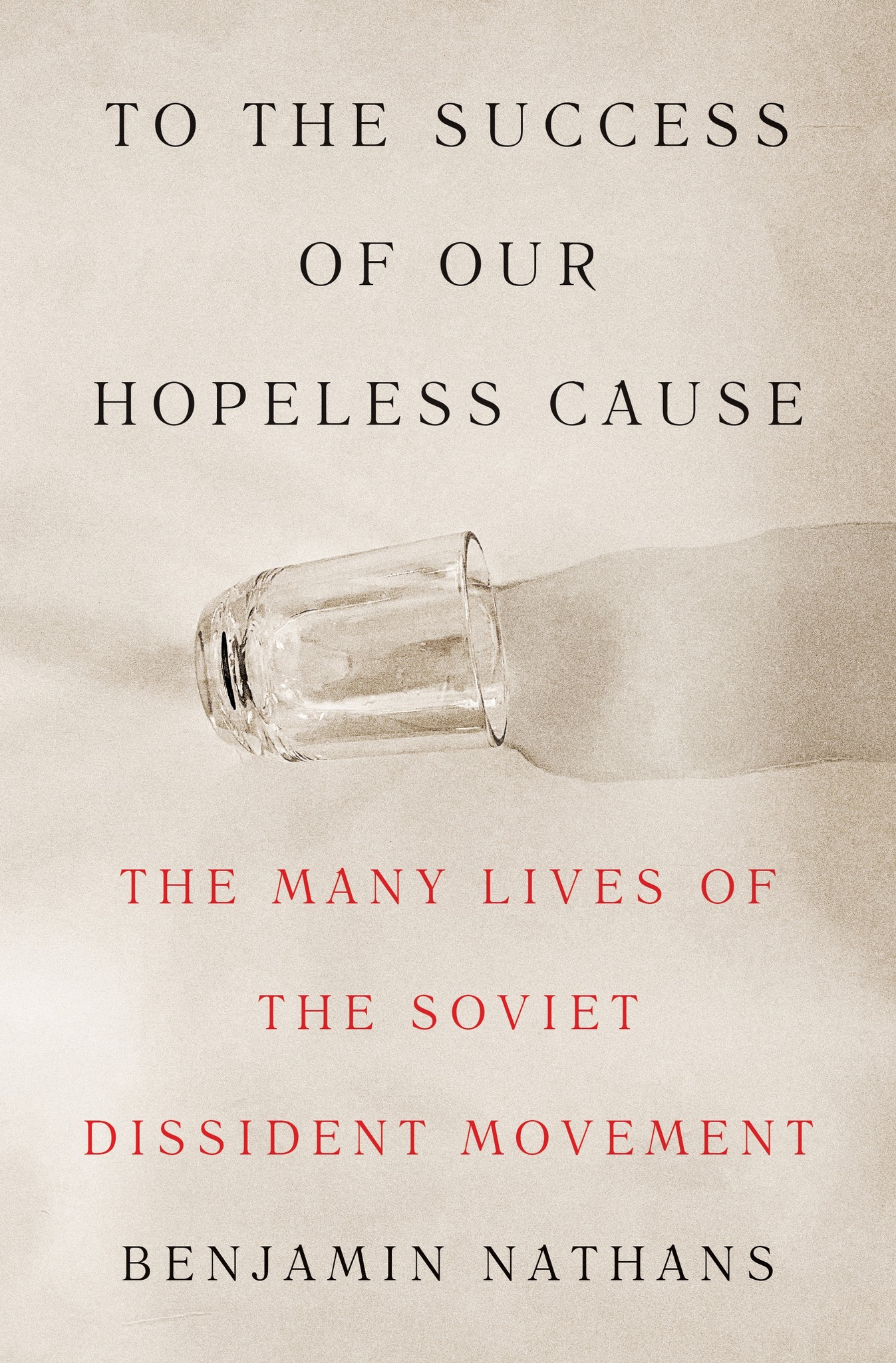Benjamin Nathans. "To the Success of Our Hopeless Cause: The Many Lives of the Soviet Dissident Movement." Book Talk. Thursday, February 27, 6:30 pm. Elizabeth Hemmerdinger Center (706 Hunter East). Free and open to the public.
Beginning in the 1960s, the Soviet Union was unexpectedly confronted by a dissident movement that captured the world’s imagination. Demanding that the Kremlin obey its own laws, an improbable band of Soviet citizens held unauthorized public gatherings, petitioned in support of arrested intellectuals, and circulated banned samizdat texts. Soviet authorities arrested dissidents, subjected them to bogus trials and vicious press campaigns, sentenced them to psychiatric hospitals and labor camps, sent them into exile—and transformed them into martyred heroes. Against all odds, the dissident movement undermined the Soviet system and unexpectedly hastened its collapse. Taking its title from a toast made at dissident gatherings, To the Success of Our Hopeless Cause is a definitive history of a remarkable group of people who helped change the twentieth century. Benjamin Nathans’s vivid narrative tells the dramatic story of the men and women who became dissidents—from Nobel laureates Andrei Sakharov and Alexander Solzhenitsyn to many others who are virtually unknown today. Drawing on diaries, memoirs, personal letters, interviews, and KGB interrogation records, To the Success of Our Hopeless Cause reveals how dissidents decided to use Soviet law to contain the power of the Soviet state. This strategy, as one of them put it, was “simple to the point of genius: in an unfree country, they began to conduct themselves like free people.”
An extraordinary account of the Soviet dissident movement, To the Success of Our Hopeless Cause shows how dissidents spearheaded the struggle to break free of the USSR’s totalitarian past, a struggle that continues in Putin’s Russia—and that illuminates other struggles between hopelessness and perseverance today.
Benjamin Nathans is the author of Beyond the Pale: The Jewish Encounter with Late Imperial Russia, which was awarded the Koret Jewish Book Award, the Vucinich Book Prize, and the Lincoln Book Prize, and was a finalist for the National Jewish Book Award in History. A frequent contributor to the New York Review of Books and the Times Literary Supplement, Nathans is the Alan Charles Kors Associate Professor of History at the University of Pennsylvania.
Directions: At the reception desk of the Hunter West Building (corner of East 68th Street and Lexington Avenue), please present your ID to get a pass. From there, take the escalator to the 3rd floor, turn right and walk across the sky bridge to the Hunter East Building, then take the elevator to the 7th floor. Hemmerdinger Center is at the end of the hallway past the turnstiles
